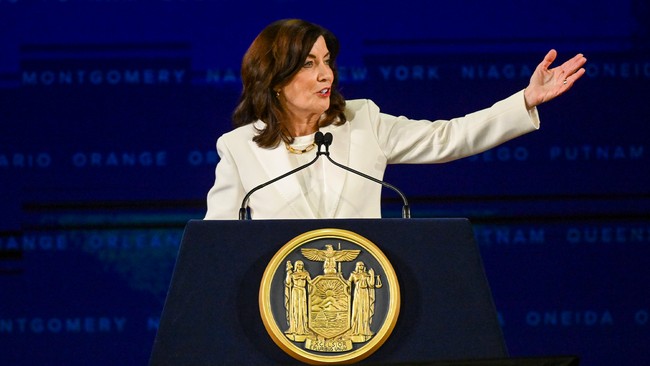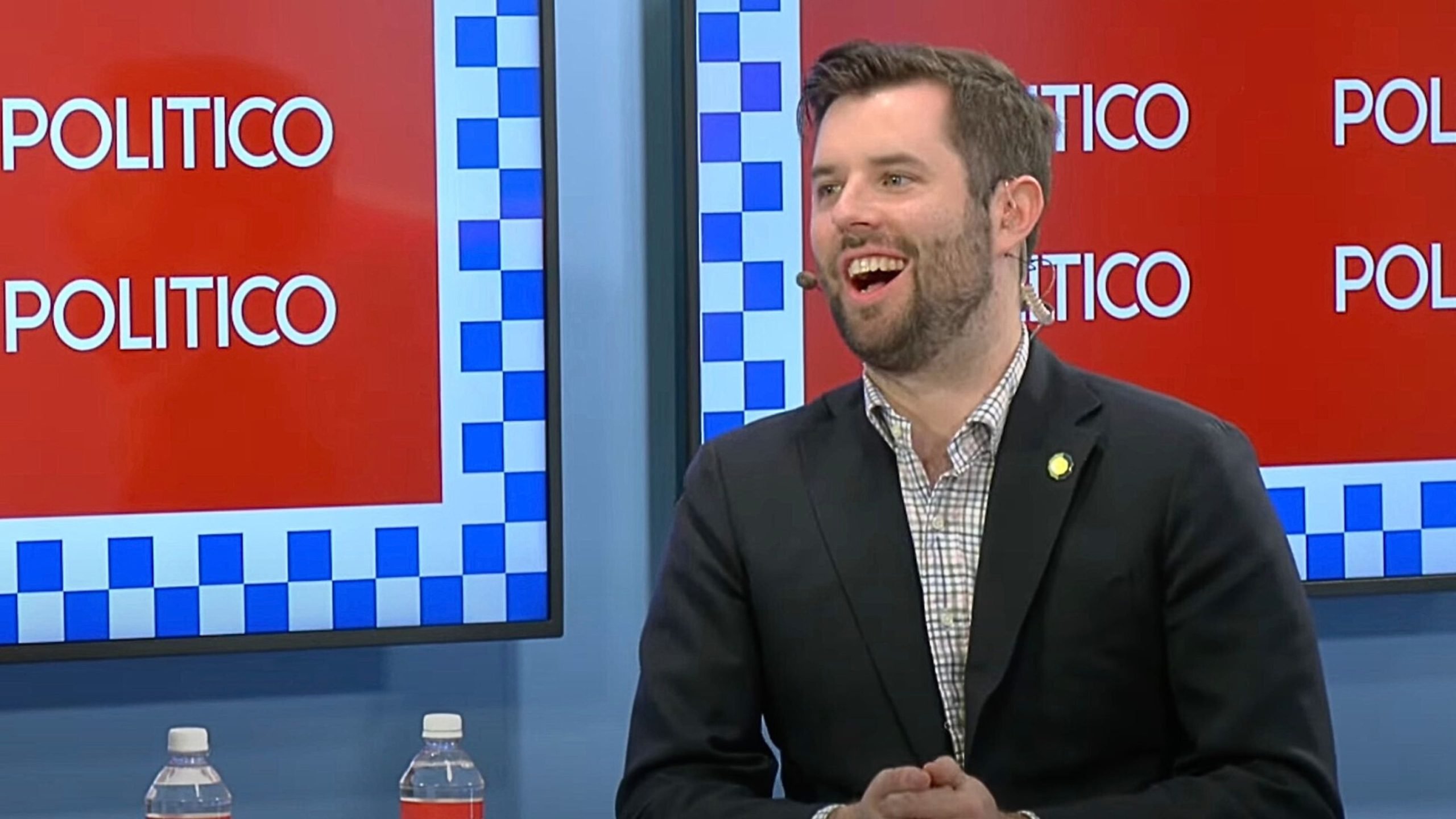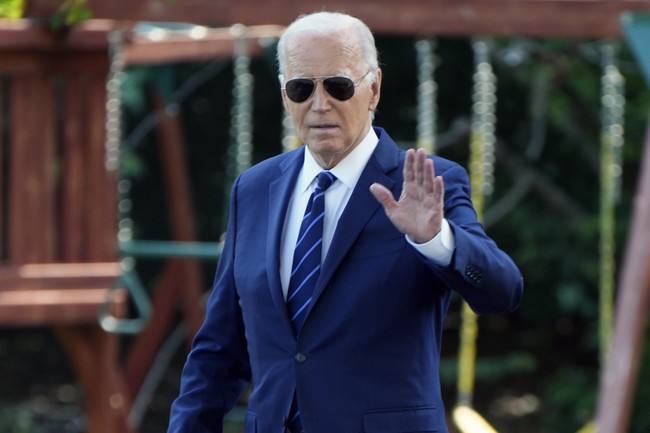
doyouremember.com
John Ritter’s Legacy Lives On: Fans Celebrate The Beloved Star As He Trends Online
John Ritter, the beloved actor known for his iconic roles in Three’s Company and 8 Simple Rules, has once again captured the hearts of fans as he trends online. As people take to social media to reminisce about his unforgettable performances and warm personality, it’s clear that Ritter’s legacy continues to resonate with audiences, even years after his untimely passing. From heartfelt tributes to clips of his best moments, the outpouring of love and admiration on platforms like X (formerly Twitter) showcases the enduring impact Ritter has had on both the entertainment industry and his fans.
The trending topic has sparked a wave of nostalgia, with fans of all ages sharing their favorite memories of Ritter’s work. Many are reflecting on the joy and laughter he brought into their lives, highlighting the versatility that made him a standout in both comedy and drama. Whether it’s through his classic sitcom antics or his more serious roles, John Ritter remains a cherished figure in popular culture, proving that his charm and talent have truly stood the test of time.
Fans remember John Ritter’s best movies and moments
THREE’S COMPANY, l-r: Suzanne Somers, John Ritter, Joyce DeWitt, (Season 4), 1977-84.
A number of fans made sure to pay tribute to the late actor, with one man writing, “Seeing John Ritter trending brings a smile to my face. He was one of my favorites.” Another writes, “John Ritter trending is a reminder that “Noises Off!” is a perfect movie, and every bit as hilarious an ensemble comedy as ‘Clue,'” emphasizing his versatile abilities as an actor across various genres.
RELATED: John Ritter’s Response To Criticism For ‘Three’s Company’ Spinoff
John Ritter’s trending. Never got to meet him. Everyone I’ve met who’s met him thought the world of him. He’s forever Jack Tripper to me as THREE’S COMPANY’s in my earliest memories. Mr. Ritter voiced the lead in Rankin/Bass’s THE FLIGHT OF DRAGONS, which inspired all of us … pic.twitter.com/iNv8P0Cv3c
— Dan Majdali BLMtoo (@DanMajdali) September 3, 2024
Ritter may have been best known for his role as Jack Tripper on the hit sitcom Three’s Company. He quickly rose to fame with his impeccable comedic timing, physical humor, and charismatic presence, and this earned him a Golden Globe and an Emmy Award for his performance on Three’s Company.
I have no idea why John Ritter is trending on Twitter/X two weeks before his birthday. But I will say his guest turn in the #Buffy episode Ted is seriously underrated. #BuffyTheVampireSlayer #JohnRitter https://t.co/au3T4iDqrt
— BuffyForums (@BuffyForums) September 3, 2024
Beyond his iconic role, Ritter showcased his versatility in a range of television shows and films, including Problem Child, Sling Blade, and 8 Simple Rules for Dating My Teenage Daughter. His career spanned over three decades, leaving a lasting legacy in the entertainment industry. Ritter died on September 11, 2003, but his work continues to be celebrated by fans and peers alike.
Seeing as John Ritter’s name is floating about, Stay Tuned is underrated and awesome. pic.twitter.com/f5khDAibFX
— Jamie (@JayLovesScreens) September 3, 2024
The post John Ritter’s Legacy Lives On: Fans Celebrate The Beloved Star As He Trends Online appeared first on DoYouRemember? - The Home of Nostalgia. Author, Jane Kenney

















